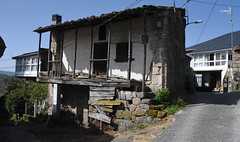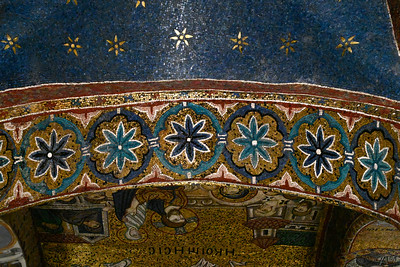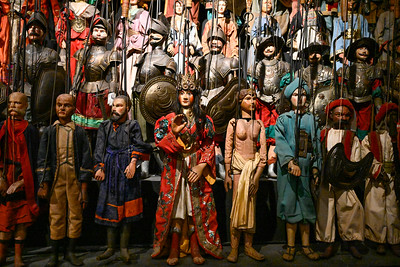Galicia and remembrance: Chaveanciños

My 99-year-old aunt Filomena never ceases to remind me — and to remind her grandchildren to remind me — that “esta es la casa de Bernardo.”
Her words resonate like the voice of the past, a heritage spinning its thread over time, weaving the tapestry of a genealogy, like the blood that runs through us, past to future, making our moment an ethereal node in the relay that is existence.
We human beings are populated by symbolic places that form the cartography of our spirit and genealogy, our own imaginary geography, to cite Edward Said, in which one’s center is another’s periphery. If ever there was a symbolic center that is peripheral to the world at large, it is my Chaveanciños.
Just look at this derelict house, these empty streets! Now try, if you can, to populate the image, with a young 15-year-old making his plans to migrate to an America that was nothing but an ideal, a very vague one at that, replete with imagined opportunities! José González Álvarez, 1909-2006. Imagine that young man with broad shoulders, a full head of thick, wavy hear, a back that was fortified by hours and hours of working in the nearby fields, a loving mother and family, three brothers and a sister and a father who trundled back and forth along the trans-Atlantic highway between Galicia and Buenos Aires, Galicia and Brasil. Images of vitality in a world of very limited resources: potatoes and greens from the garden, eggs from the chickens, chorizos accumulated in the end-of-the-year annual slaughtering of the pig. There were many ways in which I lived my father idolization his mother, the grandmother — Consuelo Álvarez Rodríguez — I never met in the Chaveanciños I came to know only at the start of its decline. One of my father’s most persistent comments concerned her purportedly unparalleled practicality to make do with what meager resources were available, to make the November chorizos last until the following year. It took me years to understand how much this reverence for abuela‘s practicality had to do with my father’s lack of confidence in his own, how much it had to do with his choosing to marry my mother, Gladyce Nevada Tognoni. It also took years — my own visits to Chaveanciños, my own intimacy with my dad’s brother, tío Samuel — to understand the meaning of the glaring void in my father’s remembrance: his own father, my grandfather, Eladio González Rodríguez.
But that’s another story, one of the myriad remembrances that are anchored for me in the derelict “casa de Bernardo” that I first came to know when I was a broad-shouldered teen, with what seemed at the time to be unlimited horizons. I return to this house time and again and list for the voices of forgotten ancestors that seem to echo through the walls, the dusty curtains, that resonate in the abandoned hillsides where fields and chestnut orchards are being overgrown by shrubs and weeds. I have watched the house decay, the grass give way to wild, over the decades, as I grow older. I find new meaning in what is for me a personal epicenter as I anticipate passing on into the imagined afterlife of a genealogy that is rooted in these images of abandon, of departure, of memories that, like this house, decay, weaken over time, that will one day “volver al monte” as Chaveanciños is in the process of doing before my very eyes.





